Threads: Walker 1.15 “Four Stones in Hand”
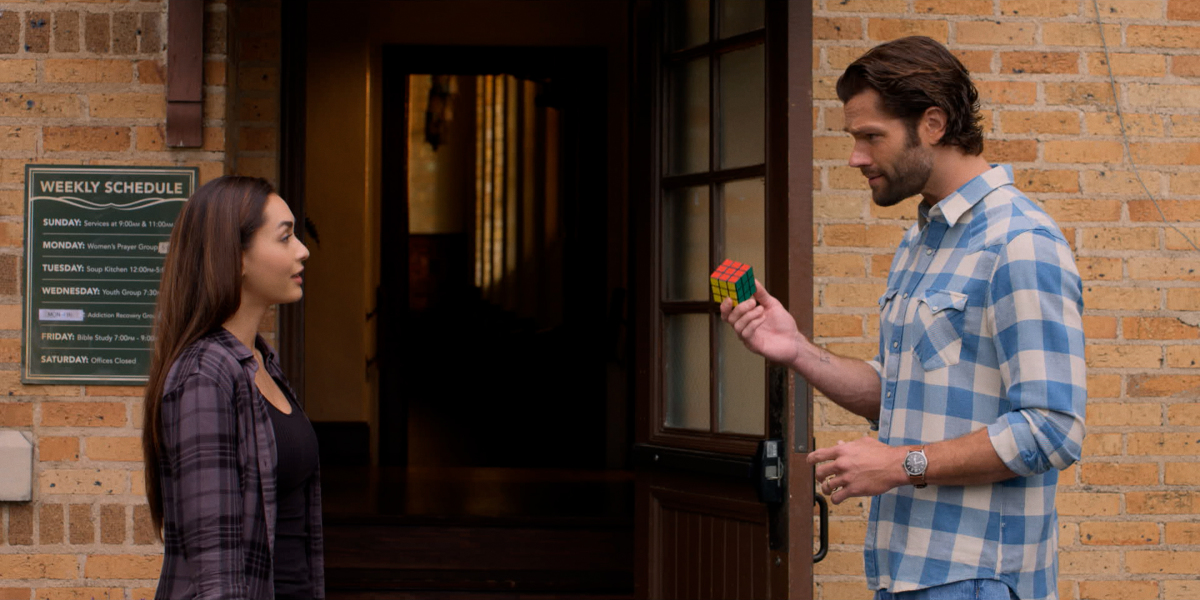
The Morning After
“Four Stones in Hand” is a welcome exploration of how people deal with trauma, and often struggle to redefine who they are at their core when their reality becomes unbearable. This character driven story was written by Paula Sabbaga, the same writer who penned the enjoyable “Bar None” and “Tracks” episodes, so it has believable character growth and storyline continuity in common with those earlier stories. Its distinguishing characteristic is the strength of individuals’ narration of their new understanding of self (i.e. it had great speeches of “a ha” moments!).
Breaking “Redefining” the Rules (aka Meddling)
Cordell: Both of you are right. I need to accept that my life shouldn’t be what it was. It can’t be what it was. Before Emily died, she was always the one that kept me in check with work. And now she’s gone, and I have you two. But I need to start keeping myself in line. It’s not just about following rules. It’s about figuring out who I’m supposed to be on this side of it.
That last line contains perhaps the truest, most honest words that have been spoken on this show so far. Cordell needs time to figure out who he is and where he’s going now that his northern star has been removed from his skies. That’s something his family, friends and colleagues should have given him the space and time to figure out a year ago. When the core of his being was violently and suddenly taken from him, his world became so black, his grief so debilitating, he couldn’t face, let alone attempt, to redefine himself then. Instead, he created a whole new person (Duke) whose life was easier to deal with than his own. A year later, after he’s drowned it in booze, avoided it through fantasy, and beat it down with his fists, he’s finally ready to deal with his new reality. He starts by acknowledging what he’s been told is his go-to flaw:
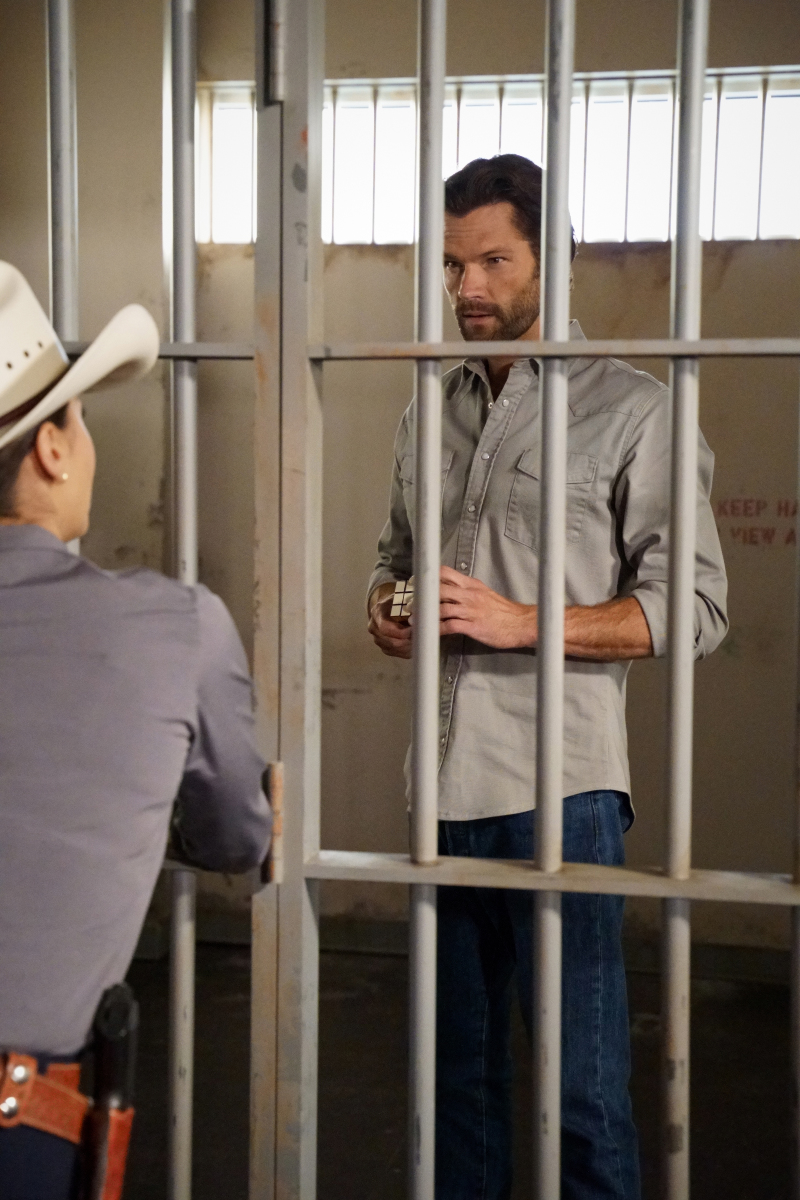
I have been told I’m an addict. My addiction is… breaking the rules. You know, pushing the limits of what I promised. It’s only when I saw what that could do to people that I realized that I need to change. That’s why I’m here. I can’t keep breaking the rules.
This realization didn’t ring true, to be honest. What promises did Cordell make that he broke? Perhaps looking after his children instead of leaving them alone to deal with their grief without their dad? What rules did he break? Punching out a guy before arresting him? Granted, those are legitimate and serious failures. Micki reminds Cordell (and us) every week that he breaks rules, but no other examples come to mind. That’s not the Cordell I’ve seen, even though I’ve certainly heard everyone testify that is who he is. Can you remember any/many/a proclivity of rule breaking that evinces an “addiction”? So, even though I’m can’t completely agree with with who Cordell was before now, I completely support his journey to discovering who he can be in the future.
Nothing is as it Seems (aka The Wisdom of Auggie and Abby)
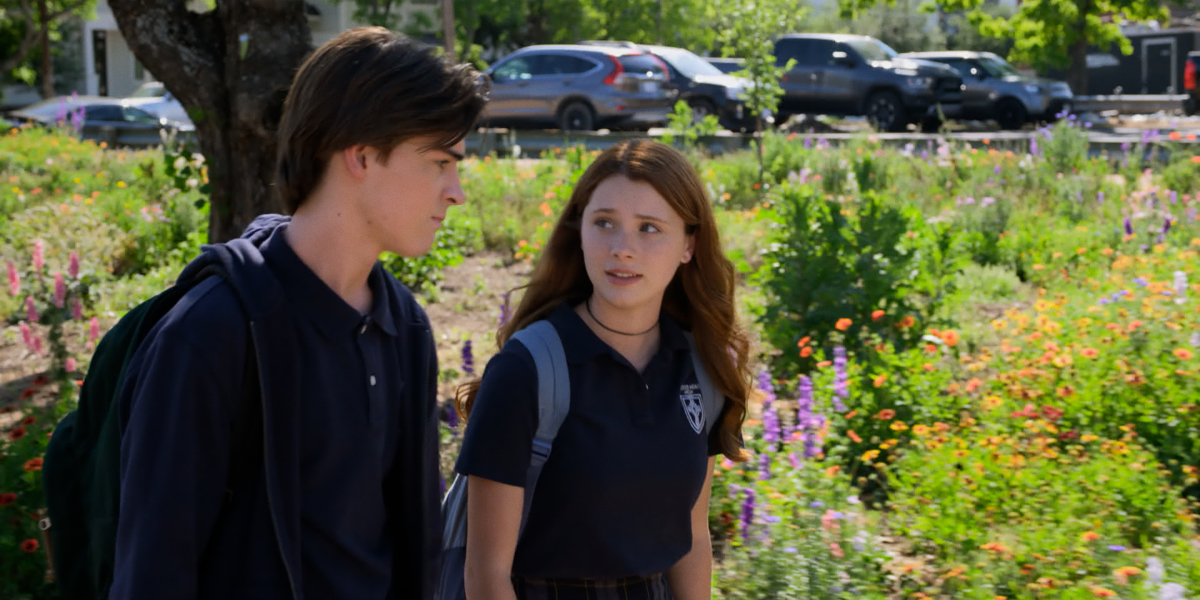
Auggie: So, now something happens, and you expect everything to go back to normal?
Stella: Something? Look. I get that everyone is treating you like a hero, but you’re laying it on a little thick, don’t you think?
Auggie: Yeah, because honestly, Stella, I hate the reality, all right? Mom is dead. Dad left us for, like, a year. Your boyfriend held a freakin’ gun to us, all right? People and family died right in front of my eyes. I can’t get that out of my head. And now I fall apart whenever I hear a loud noise, Stella. That’s who I am. All right? No, thank you. It’s better people think I’m a jerk than feel sorry for me.
I love that reality check! You go, Auggie! He needs to shout those words at the whole family! Emily died and everyone expected things to go back to normal for Cordell. Auggie seems to be the only one who understands fictionalizing reality is a way to deal with trauma. Both he and his dad retreated into escapism rather than confronting the horrors they’d lived through. I love that he calls Stella out on her part in everything, too!
Auggie: You basically disappeared after Trevor. Like you were only friends with Bel because you were waiting for someone else to show up. And whenever he did, you didn’t have to wait anymore. In fact, you actually ran off.
Stella: It’s not that simple.
Auggie: Yeah, I know it wasn’t. But don’t you think it’s a little weird that she told me about her parents before she even told you? Because you weren’t there for her, Stella, and you haven’t been.
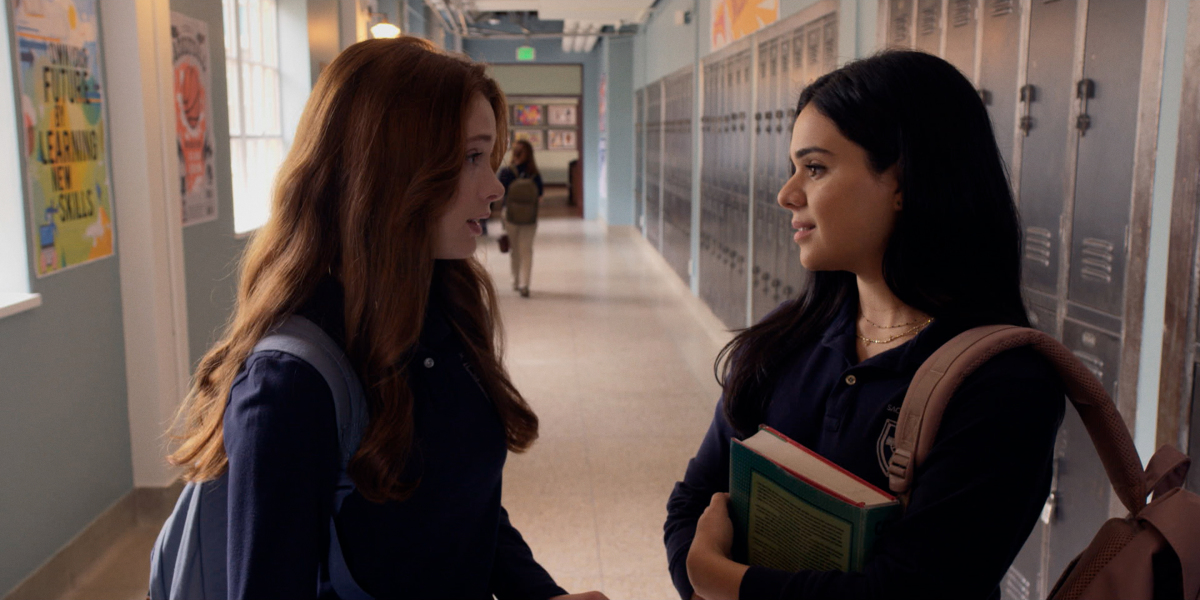
So Stella was just as guilty as her dad of abandoning those who needed her. She escaped into the dream world of her first love, also literally running away from the harsh reality she left behind. It’s about time someone called her out on her hypocrisy (albeit unintentional). But she gets a pass. That was a lot to deal with for a teenager.
What’s Bonham’s excuse, then? He ran away from a cancer diagnosis. For literally a year, he ignored his reality.
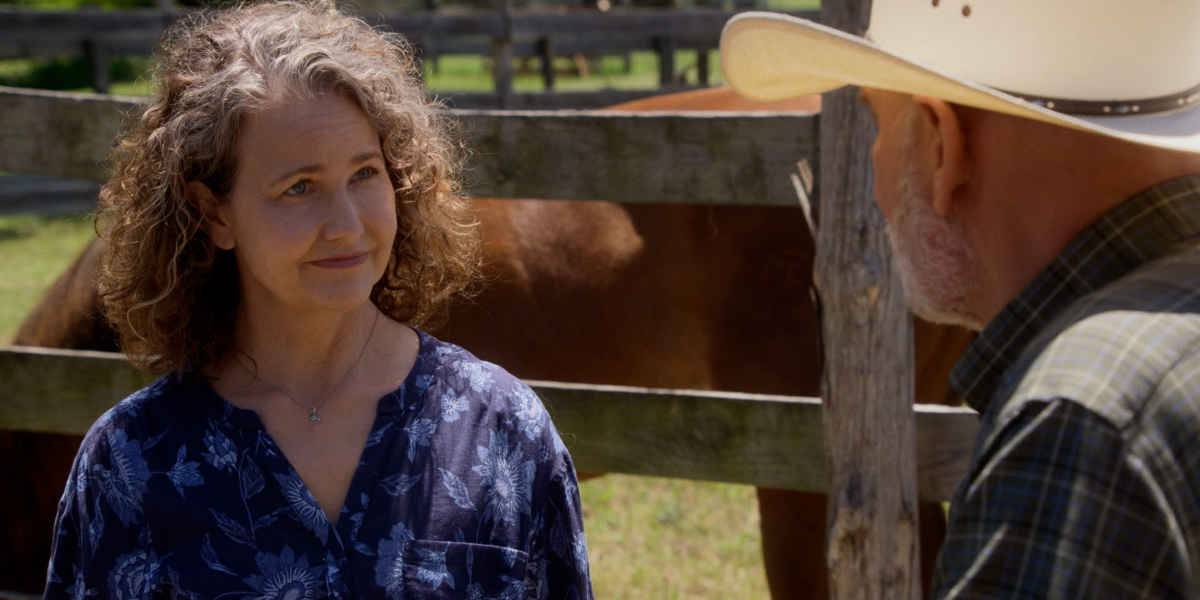
Abeline: It does seem like you’re turning this on me in a way I don’t care for.
Bonham: If I do this treatment, I know that I will be your focus day in, day out. I don’t want that on you. And if the treatment doesn’t work, I don’t want you to think that you failed.
Abeline: The outcome of your treatment and my involvement in it… that could never be a failure. It would be our lives. And you don’t get to tell me to quit in the name of sparing me. Giving up on you would be the death of me. I got you to that doctor’s office, and God knows why I thought… that it would be easy after that. But I didn’t ask for easy. I mean, look how we met. On the brink of a life decision. And I have no regrets.
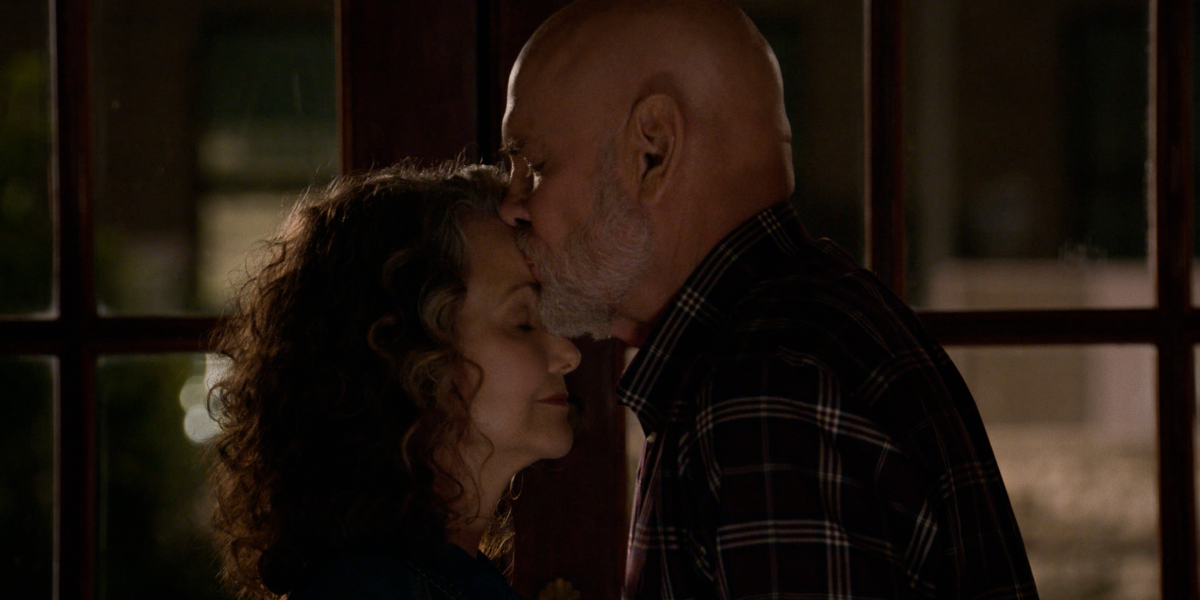
The outcome of your treatment and my involvement in it… that could never be a failure. It would be our lives. – I absolutely love that line. None of the Walkers – not Bonham or Cordell or Stella or Liam or Auggie – asked for what happened to them, but that is their lives. It’s what life threw at them. They all chose to run away, and now, ironically, they’re calling foul on each other, seeing in their family what they can’t see in themselves. Even Abby ran away when she chose to have an affair. But it is so refreshing to see that maybe this is a new beginning for all of them.
Title Thread (aka The Moral of the Story)
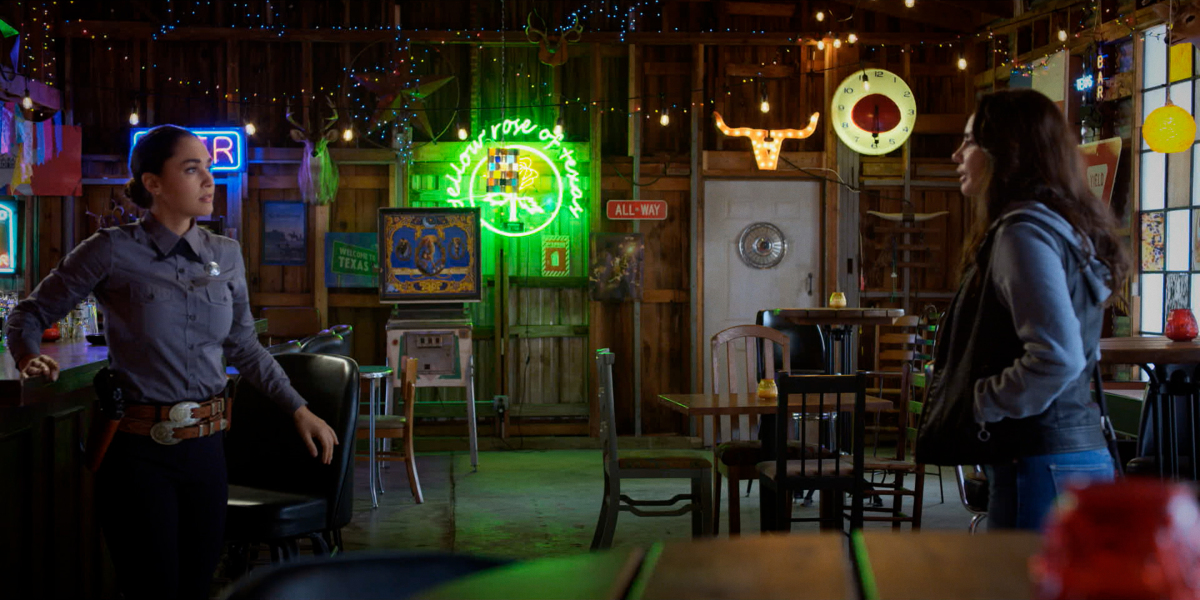
Even though she isn’t a Walker, Cordell told Micki that she’s family, so it’s apropos that her story parallels theirs. When confronted by a mother who “sold her” as an infant, Micki at first runs away from hearing her mother’s story. Micki rejects any explanation or excuse, finding it easier to condemn with “four stones in hand” than listen, empathize and forgive. She lashes out in anger at both her mother and her partner, until Cordell’s “meddling” forces her to recognize what she is doing and deal with her past.
Adding to Cordell’s and Auggie’s personal insights, Mercedes is another unexpected source of self-awareness in this episode. She nails Micki’s personality within 30 seconds of meeting her daughter. Micki always seems to be angry and yelling at someone (the trait that makes her gratingly annoying to me) but Mercedes accepts the judgement. Rather than denying or being blind to her faults, she has learned to own them:
Mercedes: If I want to have a relationship with you, I can’t risk relapsing. Not now, not when I just… When I finally got to meet you.
Micki: And when I finally also fixed your problem.
Mercedes: I’m my own problem, Micki. I’m just trying to do my best not to let you down. Even if you don’t understand it.
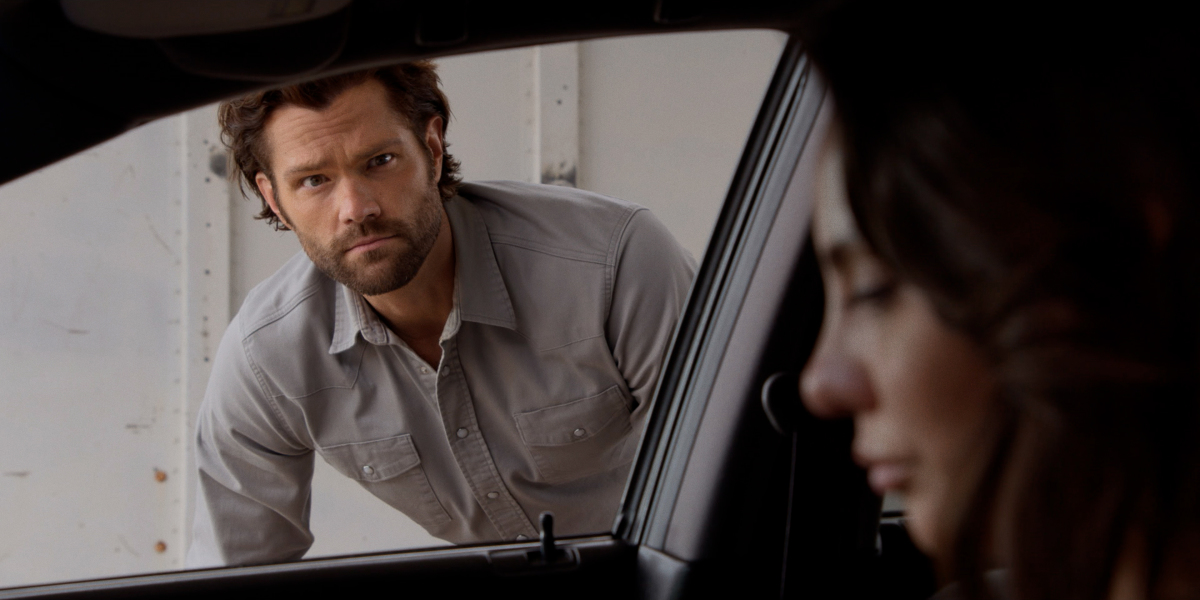
Mercedes parallels Cordell in so many ways. She also ran away from her life, retreating into a real addiction with drugs. Like Cordell, she’s trying to deal with her life now, her reality, by accepting who she is, faults and all. They both want to learn how to be a parent who is present, and their realization that they are their own worst enemy is eye-opening honesty. Maybe he felt compelled to “meddle” and “break the rules” to help her because he saw a little of himself in her.
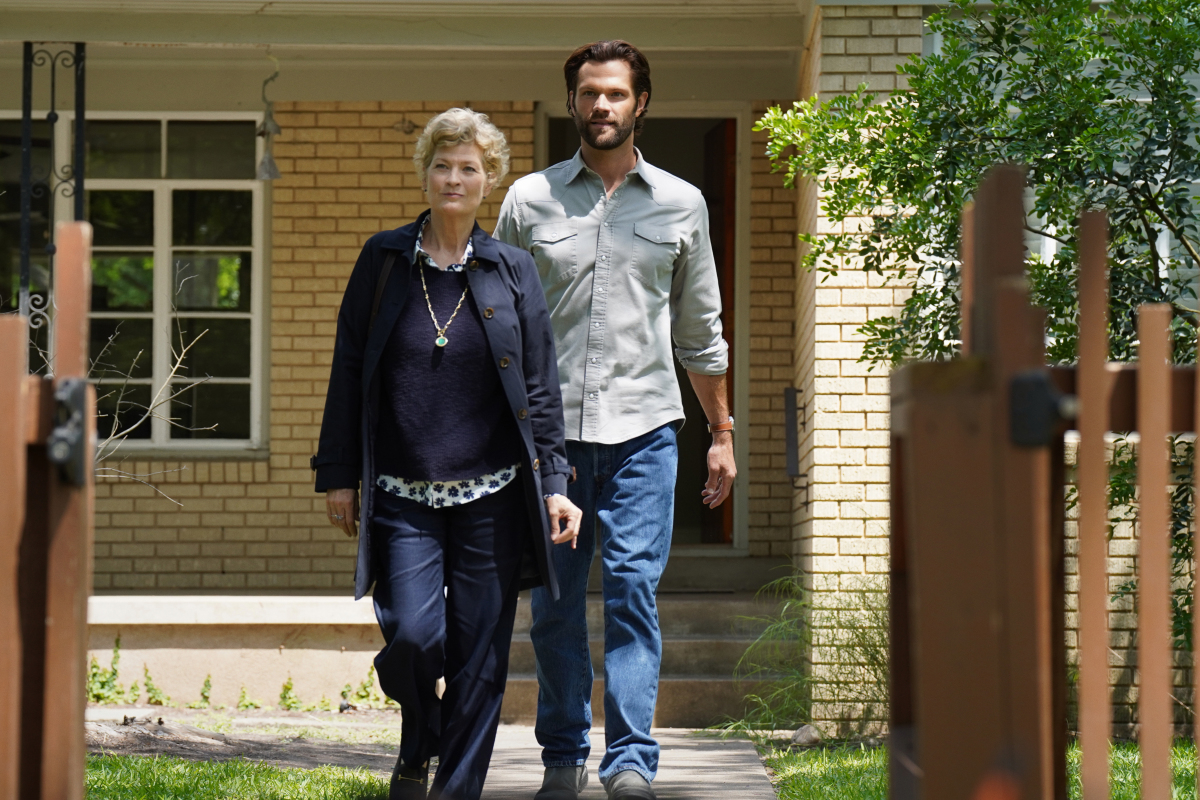
Micki: Did you have any remorse about the fact you took advantage of people in need at their lowest? They’re humans with feelings and emotions. And you just treated them like disposable income.
Joy (the “villain”): You don’t know my life.
Even the villain is spouting wise adages. No one knows anyone else’s story. No one knew what Cordell was (and still is) going through after Emily’s death.
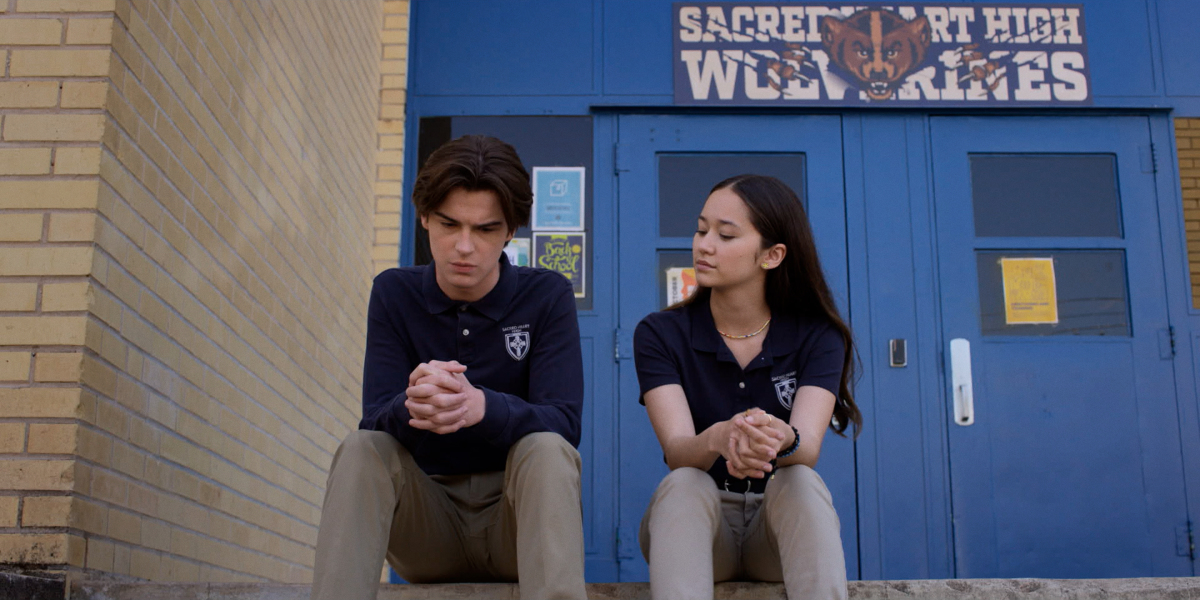
No one knew Auggie is deeply traumatized by loud noises and abandonment.
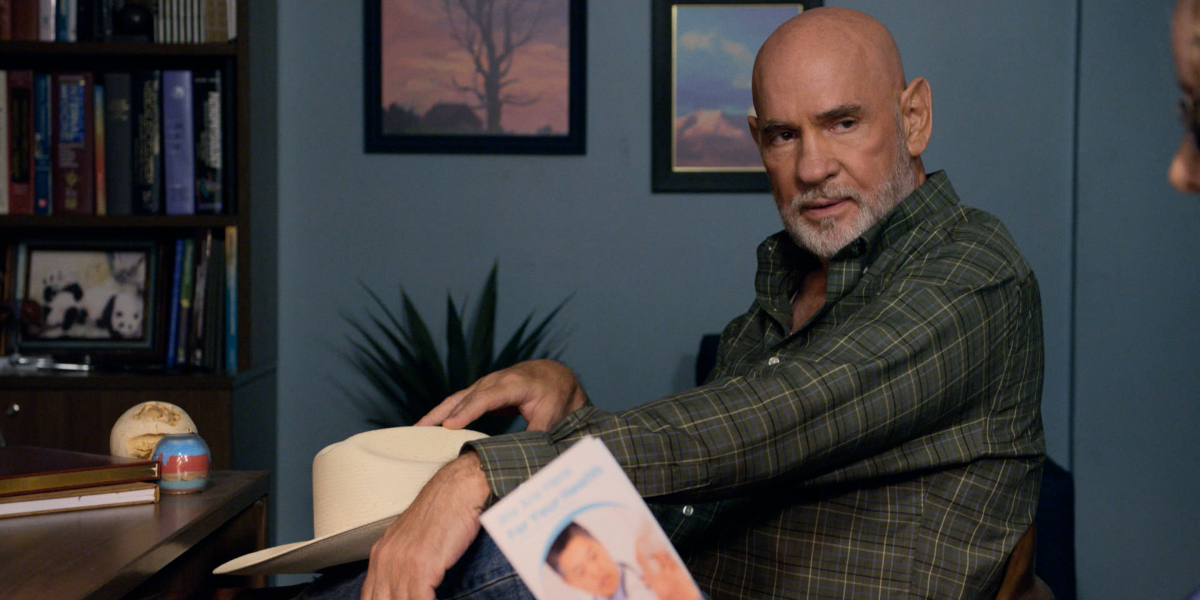
No one knew that Bonham was hiding a cancer diagnosis.
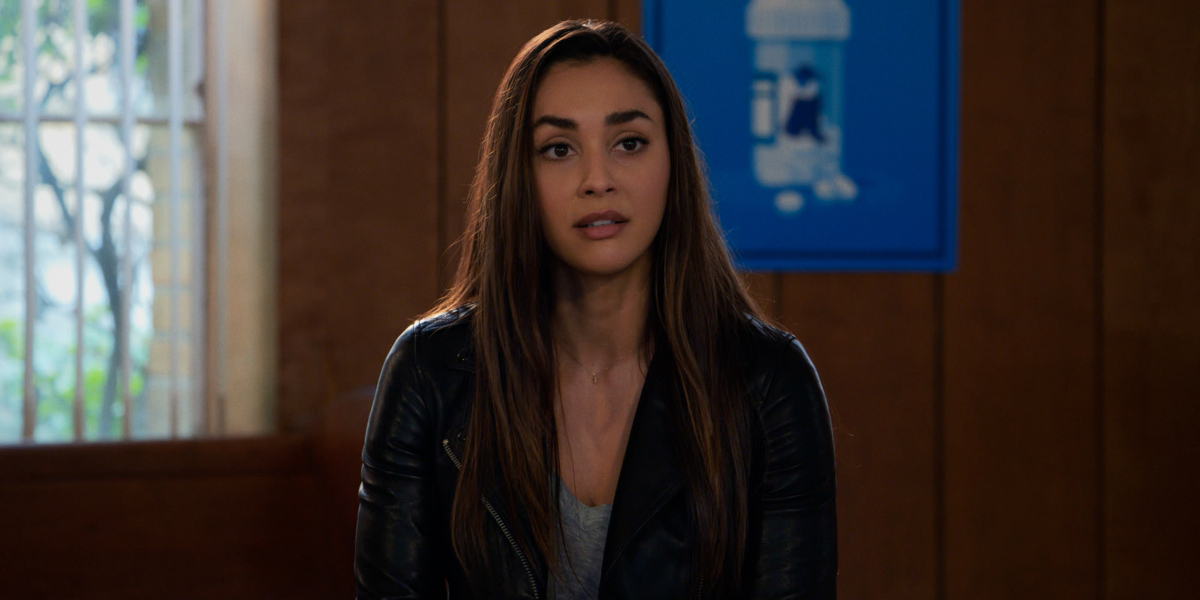
Micki presumed her mom wasn’t a loving person without knowing that she had tried to reach out to her years ago.
“You don’t know my life” is a poignant reminder that we rarely know what other people are truly going through in their lives, yet we’re often quick to criticize and attack them for their actions. The title of the episode refers to a metaphor for this isolating human tendency:
Mercedes: I was expecting you to greet me with four stones in hand. It’s an expression. It means that you’re already prepared for attack, even if you don’t know that you’re gonna be threatened.
Actually, the stones metaphor reminded me of a few other related sayings:
“People in glass houses shouldn’t throw stones.”
“Let him who is without sin cast the first stone.”
People need time and loving support to figure out who they are. When their reality is pulled out from under them, we need to help them redefine themselves with compassion and patience. In other words, we have to be careful to not throw stones because we ourselves are probably guilty of the very behavior we are noticing in others. In fact, maybe that’s exactly why we’re noting it in others.
Remembering Supernatural
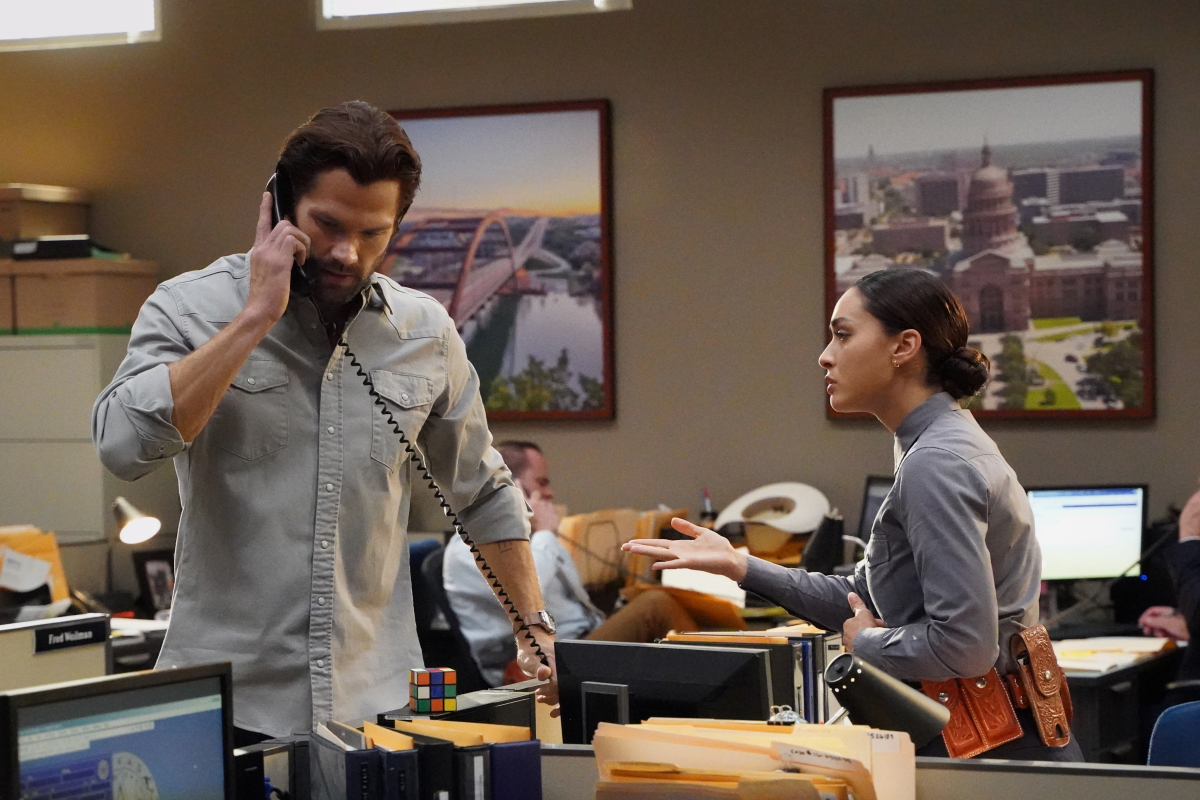
Holding onto the past, and needing time to figure out who you are after everything you knew about yourself gets jumbled up like an nearly unsolvable Rubik’s Cube, is something we can all relate to in varying degrees since Supernatural ended. Jared shared that he took a long time to feel and process the letdown after Supernatural wrapped filming. Jensen got awfully quiet, retreated to the mountains and wrote music. Misha’s said he’s completely unsure of the direction his post-angelic life should go. Personally, I’ve spent more than a few days in introspection after Supernatural’s rigorous pace and established role for me ended, testing out ideas about the future to see how they settle in my psyche.
This review’s opening title, “The Morning After” has an emotional duality this week. Walker’s episode aired 3 minutes after Jensen announced “The Winchesters” script development, and ended 1 hour before Jared’s heartbroken reply on Twitter. I fear last night we all just witnessed a very public display of how exploring new paths for ourselves can go horribly wrong.
That incident is very much on my mind as I analyze Walker. I’m not sure if the messages overlap as much as they seem to, or if I’m just seeing a parallel because of the SPNFamily’s current trauma, but the lesson is real nonetheless: we all need communication and nurturing support to help those we love redefine themselves when the reality they knew is ripped away. Life imitates art?
We don’t know where Cordell’s road will lead, nor Jared’s or Jensen’s, or our own for that matter, but let’s all determine to travel that road together, helping each other along the way.
– Nightsky
What did you think of this episode? Please share your thoughts below!
Catch up on Walker Reviews, and news on the cast and show on The WFB’s Walker Page!
Scan Walker and Supernatural reviews, analysis and fun on Nightsky’s Writer’s Page!
Transcript Quotes courtesy of tvshowtranscripts



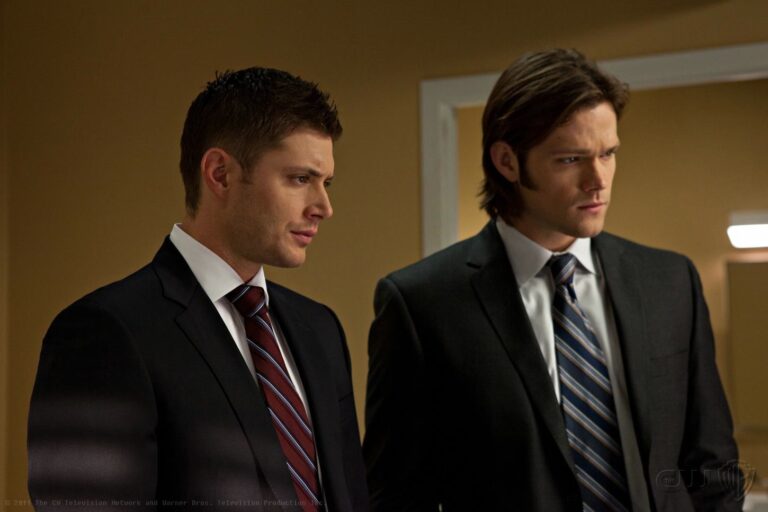
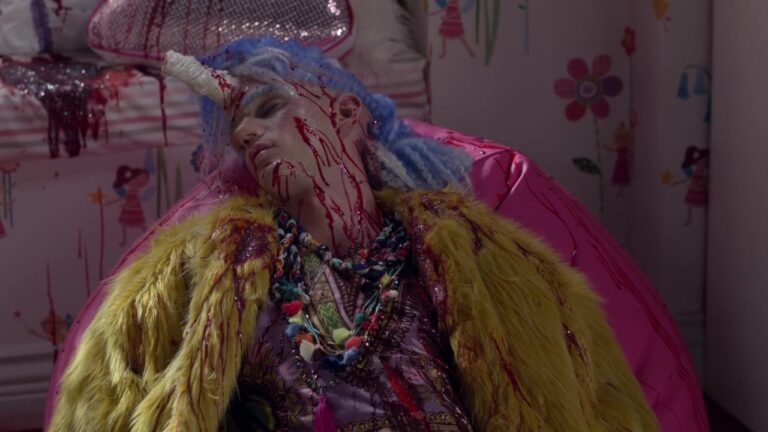

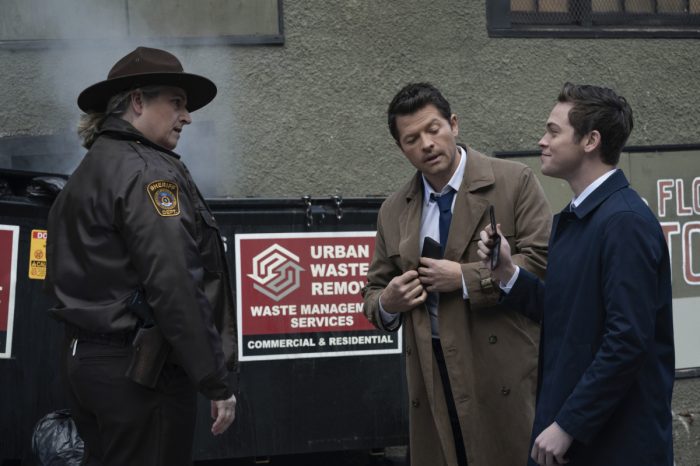
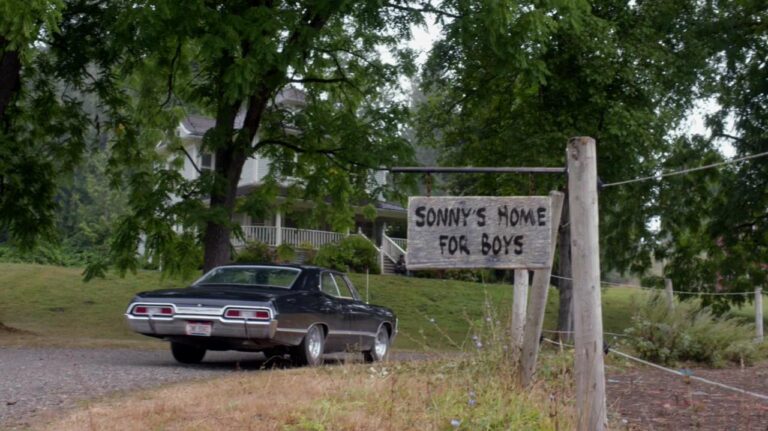
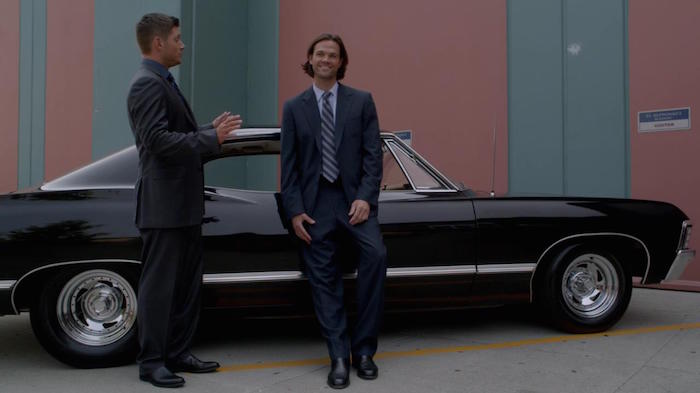
Leave a Reply